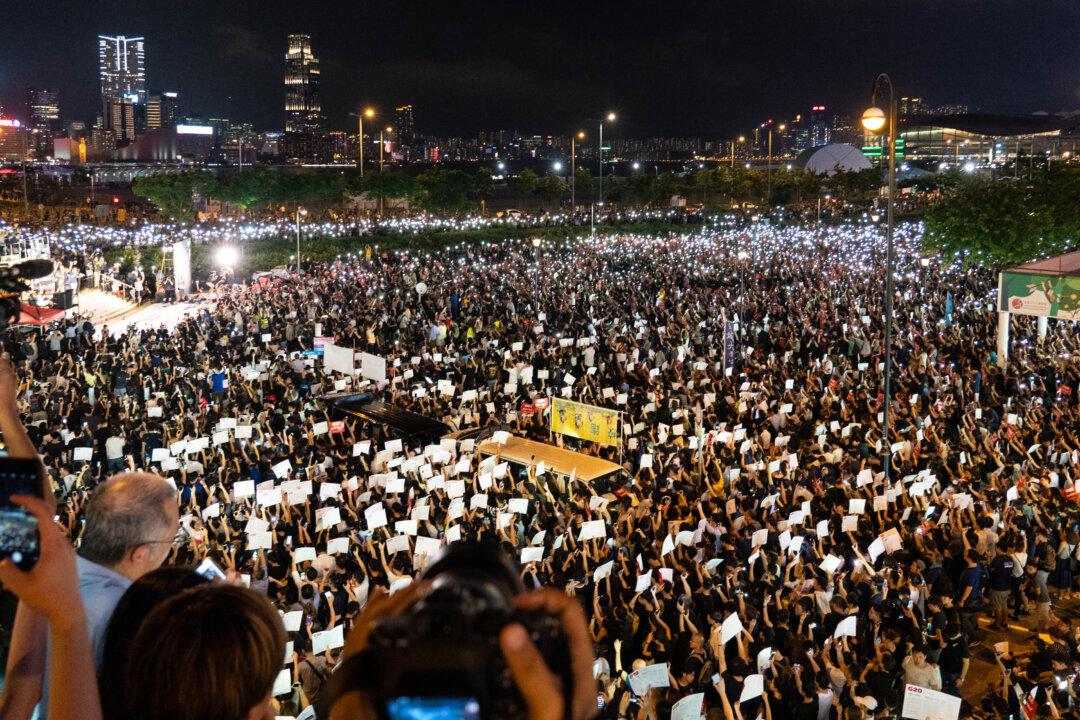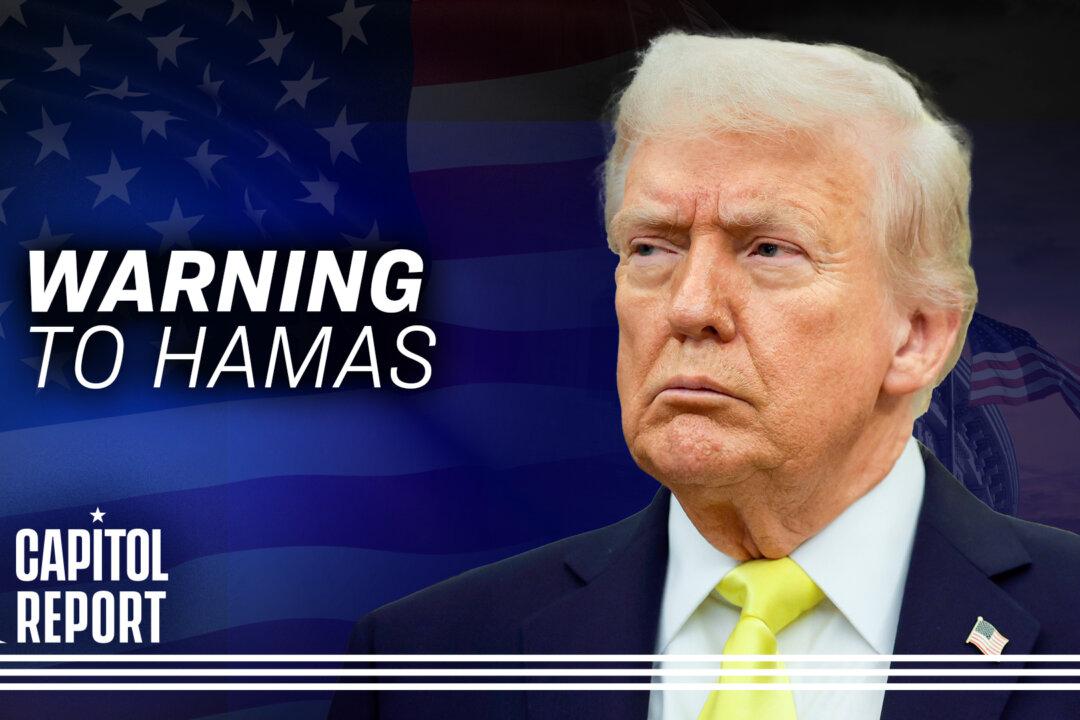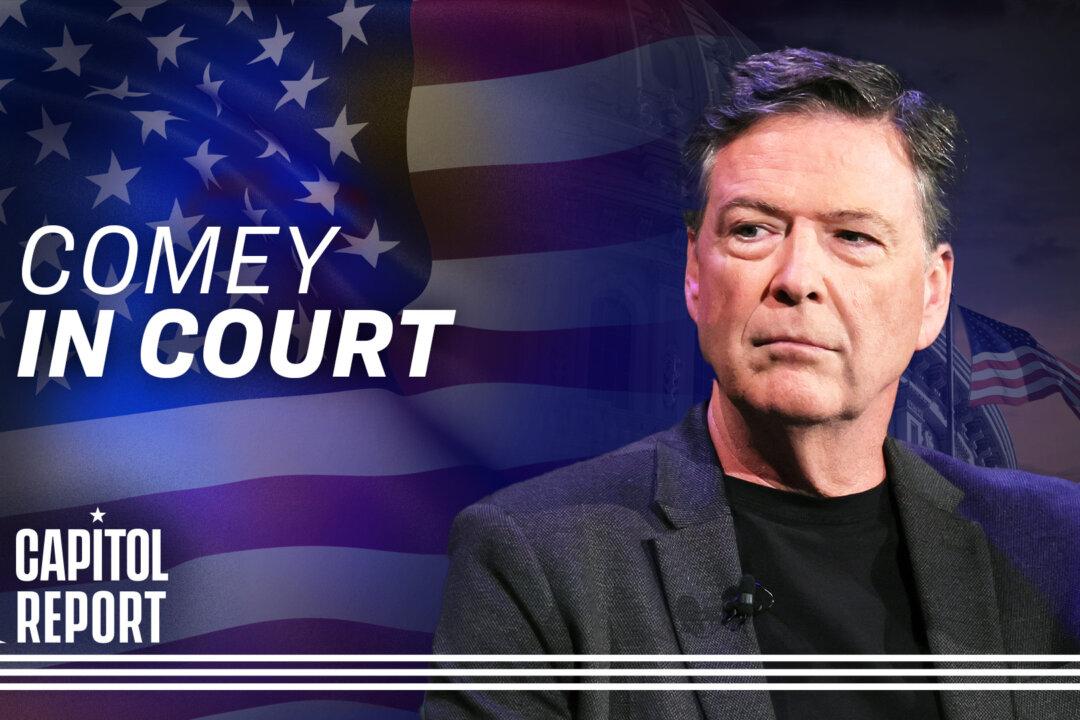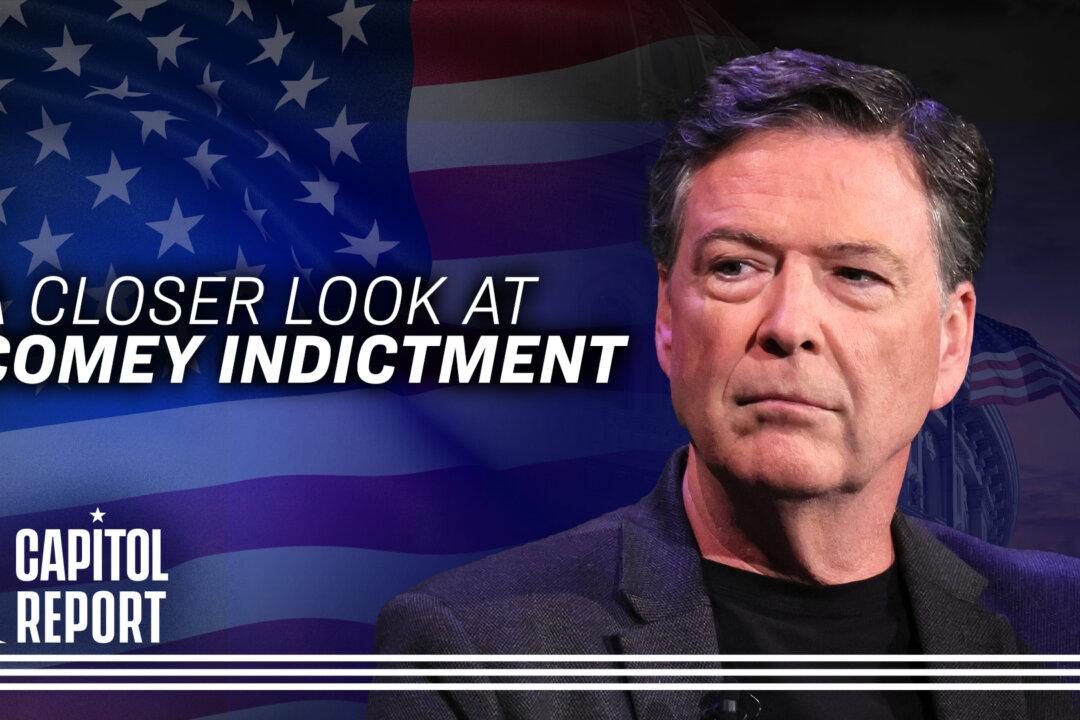Thousands gathered for a rally in Hong Kong on Wednesday evening urging G20 countries to pressure the Hong Kong and Chinese government to completely withdraw a controversial extradition bill, before the international summit is set to take place in Osaka, Japan this weekend.
Crowds of black-clad Hongkongers filled Edinburgh Place, a public square, and spilled to nearby roads, with swarms of people pouring in continuously from Admiralty, packing the central business district as far as the eye could see.





